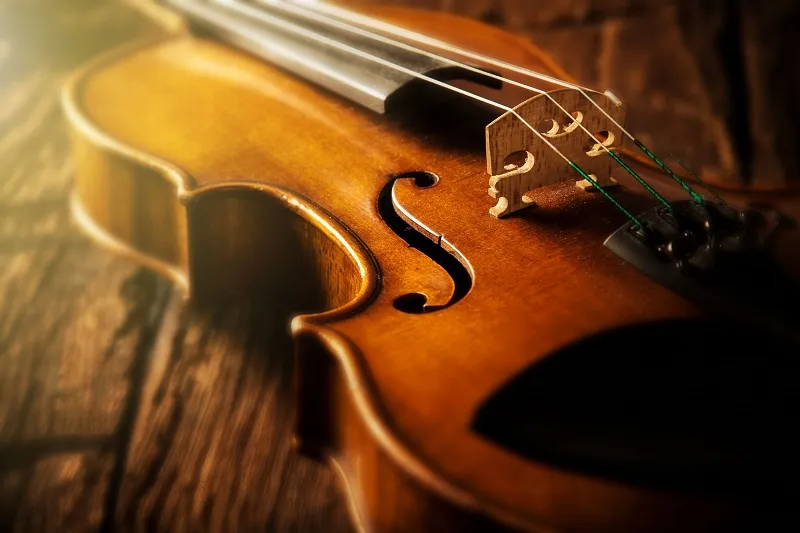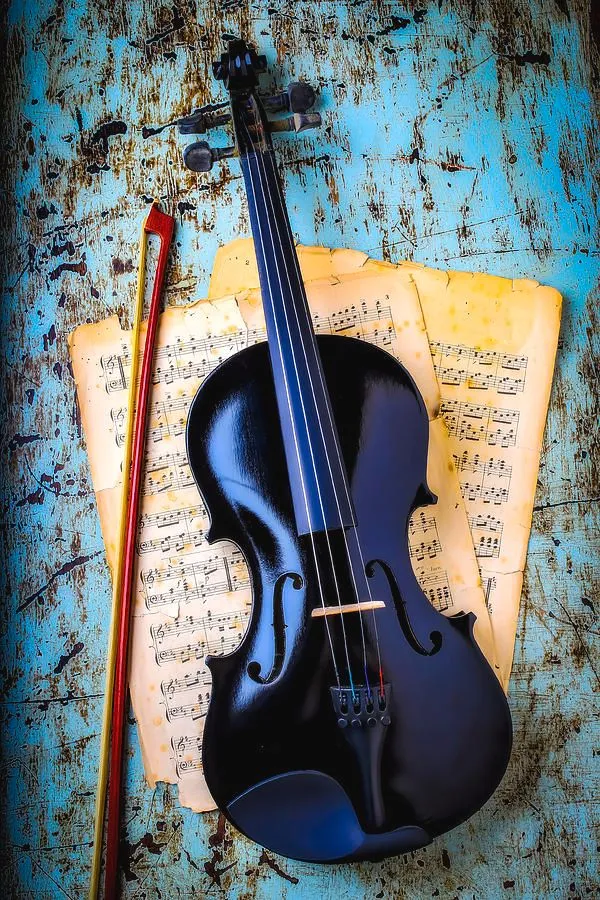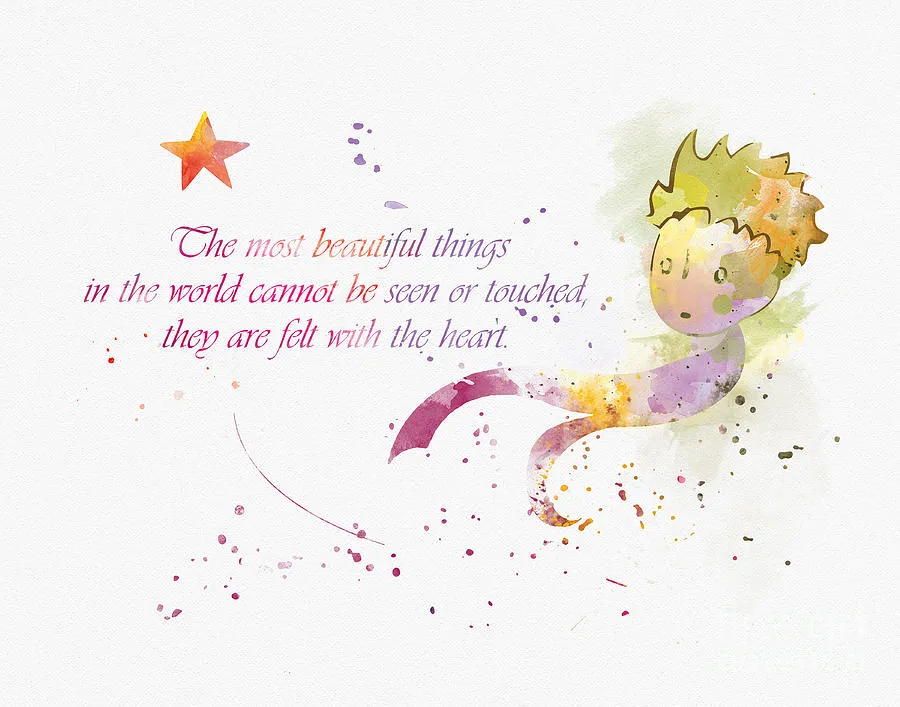
I want to share with you an experiment. It is simple, and it reflects human behavior of our present times. I want you to think what the result of this experiment will be before even reading it, do we agree?
The experiment is simple: one of the most talented violinist players in the world will play as a street musician on a very busy crowded subway station. He will use a very rare, ancient, expensive instrument. He will play for money as any other street artist. Now, the experiment consist in finding out how many people actually stop and enjoy his performance. It is a 1000$ per seat performance on famous theaters, but there, on the subway, it will be for free. Your job is to predict the outcome of this experiment, will people stop? will some give money to the artist? will they stay listening? if so, for how long? will they ignore this musician and keep on their way? what will happen?
Quiero compartir contigo un experimento. Es simple y refleja el comportamiento humano de nuestro tiempo presente. Quiero que pienses cuál será el resultado de este experimento incluso antes de leerlo, ¿estamos de acuerdo?
El experimento es simple: uno de los violinistas más talentosos del mundo tocará como músico callejero en una estación de metro muy concurrida. Utilizará un instrumento muy raro, antiguo y caro. Jugará por dinero como cualquier otro artista callejero. Ahora, el experimento consiste en averiguar cuántas personas realmente se detienen y disfrutan de su actuación. Es una actuación de 1000 $ por asiento en teatros famosos, pero allí, en el metro, será gratis. Su trabajo es predecir el resultado de este experimento, ¿la gente se detendrá? algunos le darán dinero al artista? ¿Se quedarán escuchando? ¿Si es asi, por cuanto tiempo? ¿Ignorarán a este músico y seguirán su camino? ¿qué sucederá?

This scenario was an actual experiment held at the L'Enfant Plaza Station in Washington DC, USA. The musician was Joshua Bell, an incredible talented violinist with a long discography and career. The experiment was proposed by The Washington Post columnist Gene Weingarten. It was recorded and posted in the form of an article on that same newspaper under the name Pearls before Breakfast. It was designed as described above. Have your thoughts on what actually happened? keep reading to find out more.
Joshua started playing as any street artist at the entrance of this station. 1097 people passed by during the hour he remained playing. The experiment was held during rush hour, so naturally that was a lot of movement at that place. What happened? out of all those people, only seven stopped and listened to this marvelous concert. From them, only one actually recognized the famous musician.
Este escenario fue un experimento real realizado en la estación L'Enfant Plaza en Washington DC, EE. UU. El músico era Joshua Bell, un violinista increíblemente talentoso con una larga discografía y carrera. El experimento fue propuesto por el columnista de The Washington Post Gene Weingarten. Fue grabado y publicado en forma de artículo en ese mismo periódico con el nombre de Perlas antes del desayuno. Fue diseñado como se describe arriba. ¿Tiene sus pensamientos sobre lo que realmente sucedió? sigue leyendo para saber más.
Joshua comenzó a tocar como cualquier artista callejero en la entrada de esta estación. Pasaron 1097 personas durante la hora que permaneció jugando. El experimento se llevó a cabo durante las horas pico, por lo que, naturalmente, hubo mucho movimiento en ese lugar. ¿Qué sucedió? De todas esas personas, sólo siete se detuvieron a escuchar este maravilloso concierto. De ellos, solo uno reconoció al famoso músico.
I sadly predicted the outcome of this interesting experiment before I finished reading the results in the original article. I think my prediction came out of logic and understanding of the current human nature. I also combined my reasoning with a well-known scripture prophesy that says “the love of most men will grow cold”. In Spanish it was translated “the heart of men”, and I think that is happening in the world.
Our busy lives are exposed in that experiment. We seem not to have time for beauty; for noticing a beautiful, professionally-played masterpiece with talent just because it happened at an inconvenience hour and place. What do we notice then? Do we hear the birds sing? Do we stop our foot from stepping on a little flower that managed to grow within the cracks of pavement? How conscious are we of little details surrounding us every day?
Tristemente predije el resultado de este interesante experimento antes de terminar de leer los resultados en el artículo original. Creo que mi predicción salió de la lógica y la comprensión de la naturaleza humana actual. También combiné mi razonamiento con una conocida profecía de las Escrituras que dice que “el amor de la mayoría de los hombres se enfriará”. En español se tradujo como “el corazón de los hombres”, y creo que eso está pasando en el mundo.
Nuestras vidas ocupadas quedan expuestas en ese experimento. Parece que no tenemos tiempo para la belleza; por notar una hermosa obra maestra interpretada profesionalmente con talento solo porque sucedió en una hora y lugar inconvenientes. ¿Qué notamos entonces? ¿Oímos cantar a los pájaros? ¿Dejamos de pisar con el pie una florecita que logró crecer entre las grietas del pavimento? ¿Cuán conscientes somos de los pequeños detalles que nos rodean todos los días?

It is an experiment that should grow awareness in us about how we are conducting our lives without actually living them fully. One of the people interviewed found 3 minutes of its time to stay and listen. The result was a spiritual feeling of peace. Then, he kept going to work. Only one person managed to recognize the talent of the musician, and it was because only one person then valued classic music, violin and music as an art. That is a very low percentage of people exposed to arts contrary to the high almost total percentage exposed to influencers, social networks, digital content, disruptive media, and in general, things that steal life from us.
One of my favorite teachings from Thomas Monson was that he took his kids to the circus after rejecting a job opportunity. When his wife complained about it, he said (and I am paraphrasing) “job opportunities can come again, but my children will not always be children”. I guess this experiment is just another reflection for us to see things as they really are, and to re-learn how to observe beauty with optimal conditions at all times.
Es un experimento que debería hacernos tomar conciencia de cómo estamos conduciendo nuestras vidas sin vivirlas plenamente. Una de las personas entrevistadas encontró 3 minutos de su tiempo para quedarse y escuchar. El resultado fue un sentimiento espiritual de paz. Luego, siguió yendo a trabajar. Solo una persona logró reconocer el talento del músico, y fue porque solo una persona entonces valoró la música clásica, el violín y la música como un arte. Ese es un porcentaje muy bajo de personas expuestas a las artes contrariamente al alto porcentaje casi total expuesto a influencers, redes sociales, contenido digital, medios disruptivos y en general, cosas que nos roban la vida.
Una de mis enseñanzas favoritas de Thomas Monson fue que llevó a sus hijos al circo después de rechazar una oportunidad laboral. Cuando su esposa se quejó, él dijo (y estoy parafraseando) “las oportunidades laborales pueden volver, pero mis hijos no siempre serán niños”. Supongo que este experimento es solo una reflexión más para que veamos las cosas como realmente son y para volver a aprender a observar la belleza en condiciones óptimas en todo momento.
@gaeljosser
Image sources
1 2 3